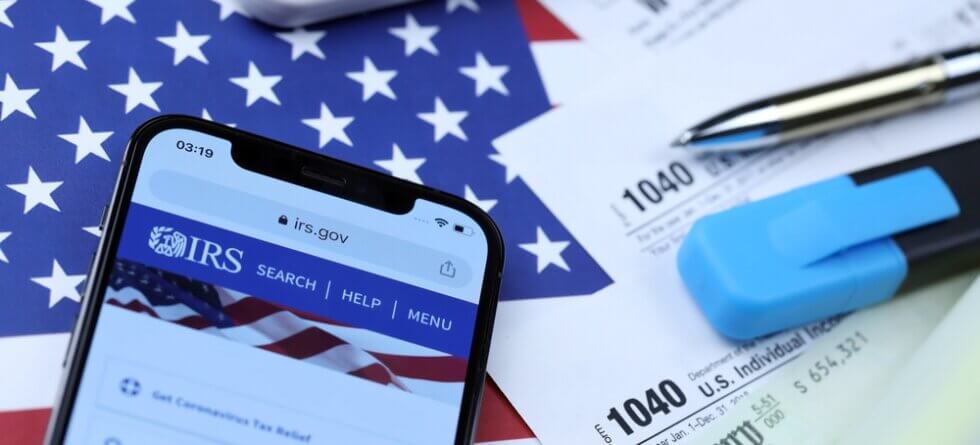The IRS generally requires documentation to support business expenses, but it doesn’t necessarily mandate paper receipts. The key is to have sufficient records that substantiate the business expenses you are claiming on your tax return. This documentation is crucial for two main reasons:
- Verification of Expenses:
- The IRS may request documentation to verify the legitimacy of business expenses claimed on your tax return. Proper documentation helps establish that the expenses were incurred for business purposes.
- Audit Preparedness:
- In the event of an audit, having thorough records can make the process smoother. If you are unable to provide adequate documentation, the IRS may disallow the claimed deductions.
What Types of Documentation are Acceptable?
- Receipts:
- While paper receipts are common, electronic receipts are also accepted. These can include scanned copies or digital images of receipts.
- Credit Card Statements:
- Credit card statements can serve as evidence of expenses. However, it’s advisable to have accompanying receipts, especially for larger transactions.
- Canceled Checks:
- Canceled checks can be used to verify payments. Again, it’s recommended to have supporting documentation for clarity.
- Invoices and Bills:
- Invoices and bills from vendors can be used as proof of expenses. Make sure they provide sufficient details about the goods or services purchased.
- Mileage Logs:
- For deductible vehicle expenses, maintain a mileage log that includes details of business-related travel.
- Travel Itineraries:
- If travel is a significant business expense, keep copies of travel itineraries, boarding passes, and hotel receipts.
- Meeting Minutes:
- If business expenses are related to meetings, conferences, or seminars, meeting minutes or agendas can help establish the business purpose.
Record-Keeping Tips:
- Organize Documents:
- Keep your records organized and easily accessible. This can save time in case of an audit.
- Timeliness:
- Record expenses and gather documentation promptly to avoid missing receipts or details.
- Digital Record-Keeping:
- Utilize digital record-keeping tools and apps for organizing and storing electronic receipts.
- Cloud Storage:
- Consider using cloud storage services to securely store and back up your digital records.
Always check the specific requirements outlined by the IRS for the types of documentation they consider acceptable. The IRS provides guidelines in publications such as IRS Publication 463, which covers travel, entertainment, gift, and car expenses.
While paper receipts are commonly used, the IRS recognizes the evolving nature of technology and accepts electronic records. The key is to have complete and accurate documentation to support your business expenses in case of an audit or inquiry. If in doubt, consult with a tax professional to ensure that your record-keeping practices comply with IRS regulations.




